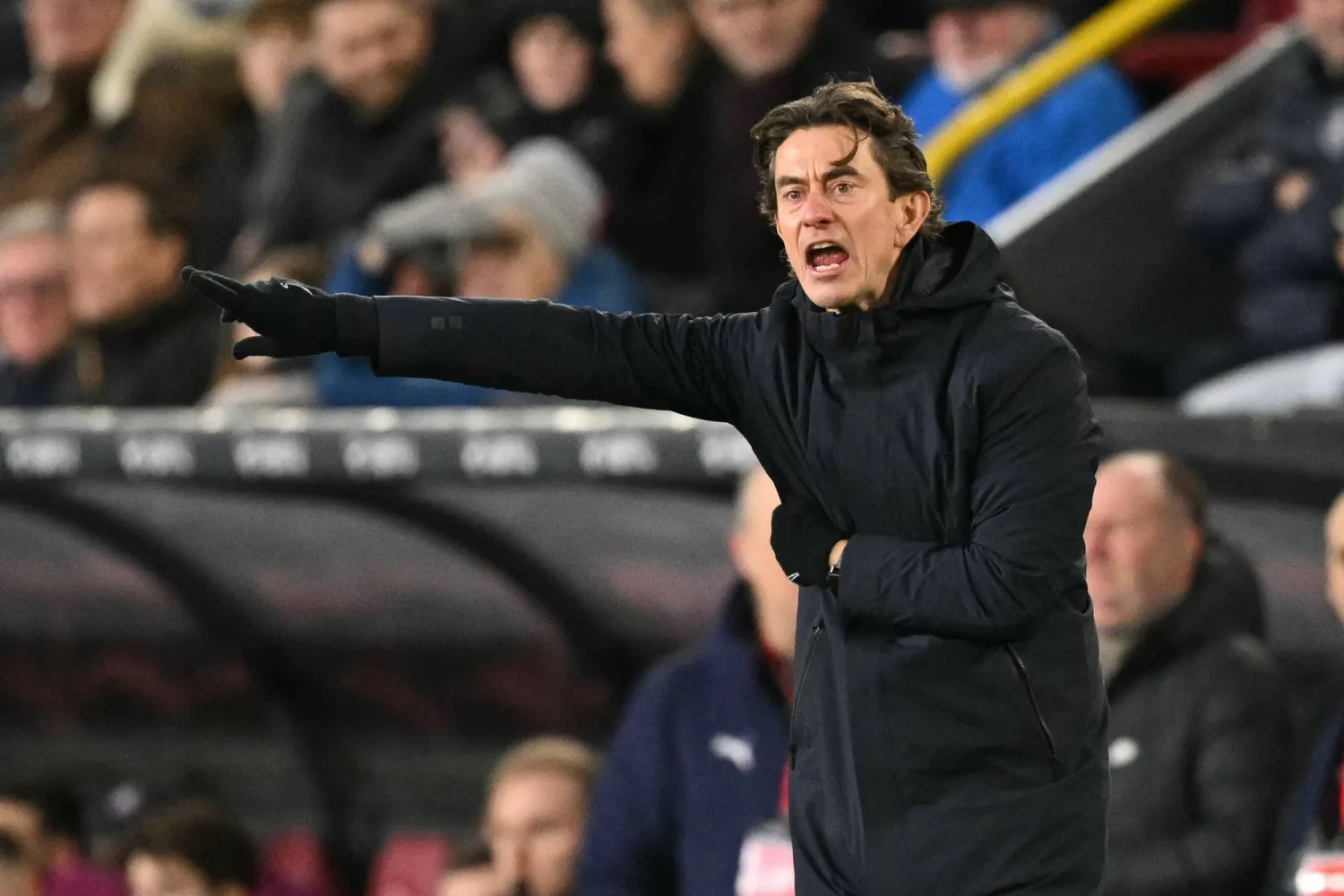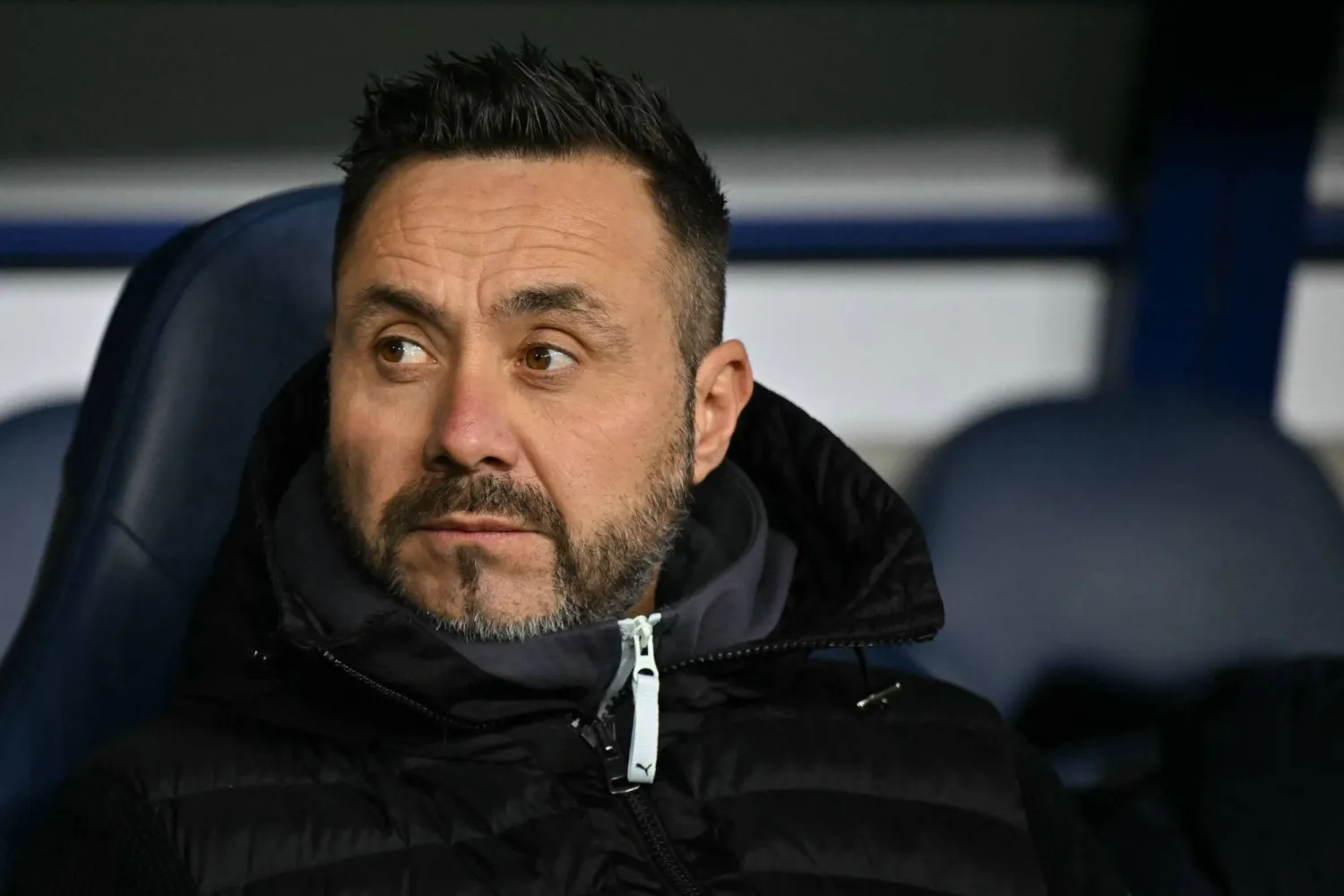As recently as early November, Bournemouth were seventh in the Premier League and flying. Manchester United had just been beaten 1-0 thanks to Josh King’s volley and a third successive clean sheet, and the Cherries were 11 impressive games into what looked set to be another season of overachievement. “We felt we needed that win,” said Eddie Howe. “For our own confidence and impetus into our season I think that was a really key game today.”
His team’s defending in particular was a source of satisfaction. “We’re very pleased with our last three defensive performances,” he continued. “We have to do it on a consistent basis. Three games isn’t enough. We need to be looking after 20, 25 games of this season and showing a vast improvement to last year to really say that we’ve turned a corner. So it’s early steps, but the signs look good.”
They are now 21 games into the season, and the signs no longer look good. The 10 league matches played since have featured one clean sheet, one victory and eight defeats. With four points they have what is comfortably the division’s worst record since that United match, and after losing 4-0 at West Ham on New Year’s Day they dropped into the bottom three for the first time.
On Sunday Bournemouth come up against a Watford team who have had an almost exactly opposing experience. Bottom of the league in early November with five points from 11 games, they have the division’s seventh-best record since. The start of the Hornets’ upturn does not quite coincide with that of the Cherries’ collapse. Their improvement has accelerated markedly after Nigel Pearson’s appointment as their third manager of the season in early December – more than 50% of their total points tally for the season has come from their last four games, the team sustaining over the festive period the impetus given to them by a home win over Manchester United.
On the morning of 22 December the sides were separated by 10 points; if the Hornets win at the Vitality Stadium three weeks later they will be two clear.
Bournemouth have had to cope with an epic injury list, with David Brooks yet to play this season, Charlie Daniels out since August, Nathan Aké hamstrung and King also likely to be out on Sunday – though Howe has suggested that some returns are imminent, perhaps as soon as the Watford game.
But this is a superficial explanation for a deeper decline, most obviously illustrated by the dwindling contributions of Ryan Fraser and Callum Wilson. Last season the pair scored 21 goals and created 24, famously manufacturing 12 for each other. Neither player has scored since September – since when the only game either has missed was the victory over Chelsea – and the only goal all season that one has created and the other converted came in a 3-1 defeat at Leicester in August, Wilson the scorer.
So is the threat the pair carry terrifying or trivial? And are Watford preparing to face the seventh-best team in the division, or the worst?
“We’re preparing to play a side that needs a result, that’s playing at home,” says Pearson. “They’ll know that we’ve got players that can cause them problems, in the same way that they’ve got players that can cause us problems.
“Initiative will be important in a game like this, for both sides. I never underestimate or overestimate anybody. Really we have to try and find levels of performance for ourselves first. Because if we don’t do that, it doesn’t matter who we play against in the Premier League, we’re going to have a tough day.”
Pearson contends that the idea of a team being in poor or good form is unhelpfully reductive when they are composed of a group of individuals whose morale will vary, and that anyway tactical discipline is of greater importance. “We’re making an assumption that everybody’s this or everybody’s that, and when you play a team sport there’s going to be a mixture,” he says.
“There’s going to be some players who have doubted their ability, or have not had opportunities. In cricket they talk about batsmen playing themselves back into nick, and some of our players are going to have to play themselves back into form if that’s how you want to put it. But you can have players occasionally having an off day as an individual – if they’re still doing what the team requires in terms of the shape, in possession, out of possession, you can still function. Not to your maximum but you’ve still got a chance of getting results, just because the framework’s there.”
Troy Deeney has said that, since Pearson’s arrival, “for the first time in eight years I have been treated like a proper man”, while Ben Foster said: “We knew we’d got the players, we just needed someone to basically stick a rocket up us and that’s all it is.” But Pearson has brought more than menace and motivation, replacing the 5-3-2 favoured by Quique Sánchez Flores, under whom the attack was so slow it was basically static, with a framework that relies on resolute defending and in attack the ability of Deeney to bring others into play and on the pacy, tricky Gerard Deulofeu and Ismaïla Sarr causing havoc either in wide positions or coming inside. The 56-year-old former Leicester manager had the good fortune to arrive at the club just as Deeney was returning to full fitness following knee surgery and Sarr enjoying his first extended injury-free run, and both play key roles in the 4-2-1-3 formation he has settled on.
A search for statistical signposts to the two teams’ fluctuating fortunes provides further evidence that, in a league full of counterattacking sides, controlling possession often does not have positive consequences. During Bournemouth’s downturn their possession has increased and their passing accuracy has gone up, as has both the number of passes attempted (from 385 per game in their first 11 matches to 449 subsequently) and successful (from 289 to 357). Yet they are scoring 0.6 goals per game, down from 1.3.
In Watford’s upturn their possession and passing accuracy has gone down, as has both the number of passes attempted (from 403 to 354) and successful (from 311 to 251), yet they are scoring 1.1 goals per game, up from 0.6. In the four games where they have had the greatest possession Watford have lost by an aggregate score of 9-1; Bournemouth have extracted two points from the six games where they have had the ball the most.
But Bournemouth’s decline may not prove terminal, and Watford’s improvement may not be extended; further momentum swings are likely. “When things go well I’m always looking for the next hiccup,” Pearson says. “It’s very important that we keep an element of realism about our own situation still. Long way to go, lots of hard work to do, all those sorts of clichés – but it’s absolutely true.”
The Guardian Sport









